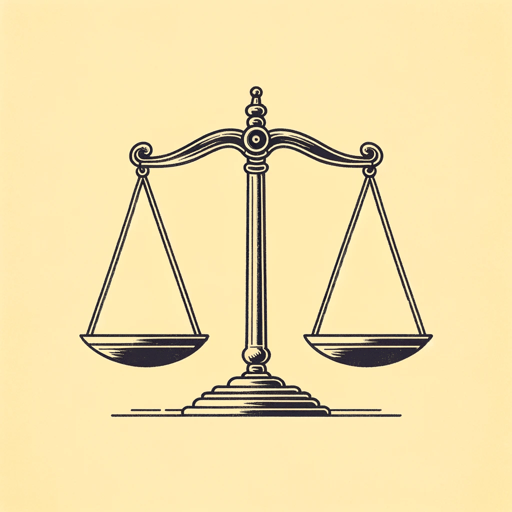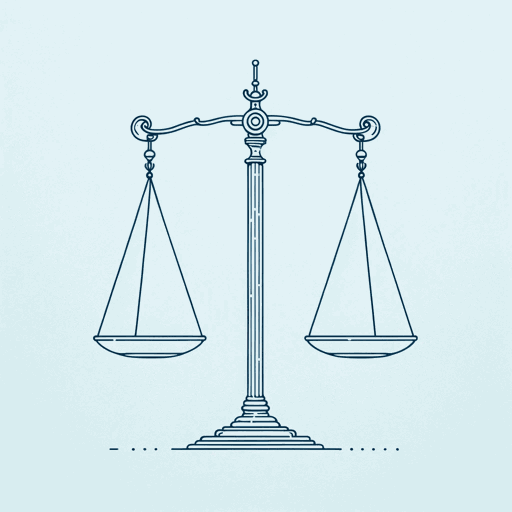26 pages • 52 minutes read
John Stuart MillUtilitarianism
Nonfiction | Essay / Speech | Adult | Published in 1861A modern alternative to SparkNotes and CliffsNotes, SuperSummary offers high-quality Study Guides with detailed chapter summaries and analysis of major themes, characters, and more.
Important Quotes
“From the dawn of philosophy, the question concerning the summum bonum, or, what is the same thing, concerning the foundation of morality, has been accounted the main problem in speculative thought, has occupied the most gifted intellects, and divided them into sects and schools, carrying on a vigorous warfare against one another. And after more than two thousand years the same discussions continue, philosophers are still ranged under the same contending banners, and neither thinkers nor mankind at large seem nearer to being unanimous on the subject…”
(Chapter 1, Page 115)
In the opening paragraph of “Utilitarianism,” Mill provides an overview of the philosophical study of morality. Though questions of morality have been a central concern of philosophical discussion since the Ancient Greeks, Mill argues that “little progress” has been made in discovering what lies at the foundation of morality. Mill believes that if discussions on morality are to advance, then philosophers need to come to an agreement about what principles lie at the heart of the study.
“When we engage in a pursuit, a clear and precise conception of what we are pursuing would seem to be the first thing we need, instead of the last we are to look forward to. A test of right and wrong must be the means, one would think, of ascertaining what is right or wrong, and not a consequence of having already ascertained it.”
(Chapter 1, Page 116)
Though the first principles of morality may remain unknown, there exist numerous moral codes and opinions about whether individual actions are “right or wrong.” For Mill, focusing on the “particular” without the presence of a general law is an absurd approach to the creation of a system of morals. Mill believes that instead, moral philosophers should first seek out the general law that undergirds all moral choices, which can then guide discussions about the morality of actions.
“Although the non-existence of an acknowledged first principle has made ethics not so much a guide as a consecration of man’s actual sentiments, still, as men’s sentiments, both of favour and of aversion, are greatly influenced by what they suppose to be the effects of things upon their happiness, the principle of utility, or as Bentham latterly called it, the greatest-happiness principle, has had a large share in forming the moral doctrines even of those who most scornfully reject its authority.”
(Chapter 1, Page 117)
Though most ethical codes proposed by moral philosophers lack a “first principle” or general law that influences their discussion, Mill argues that the “principle of utility,” which lies at the heart of the philosophy of utilitarianism, has influenced all discussions of morality.
Related Titles
By John Stuart Mill



